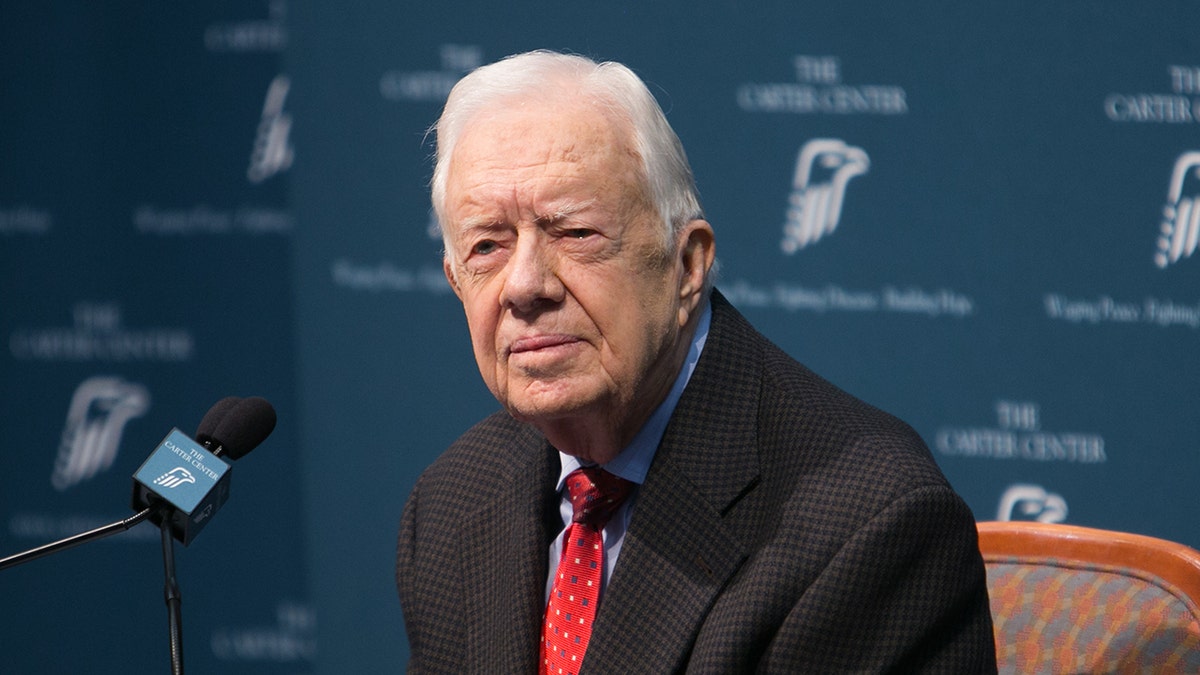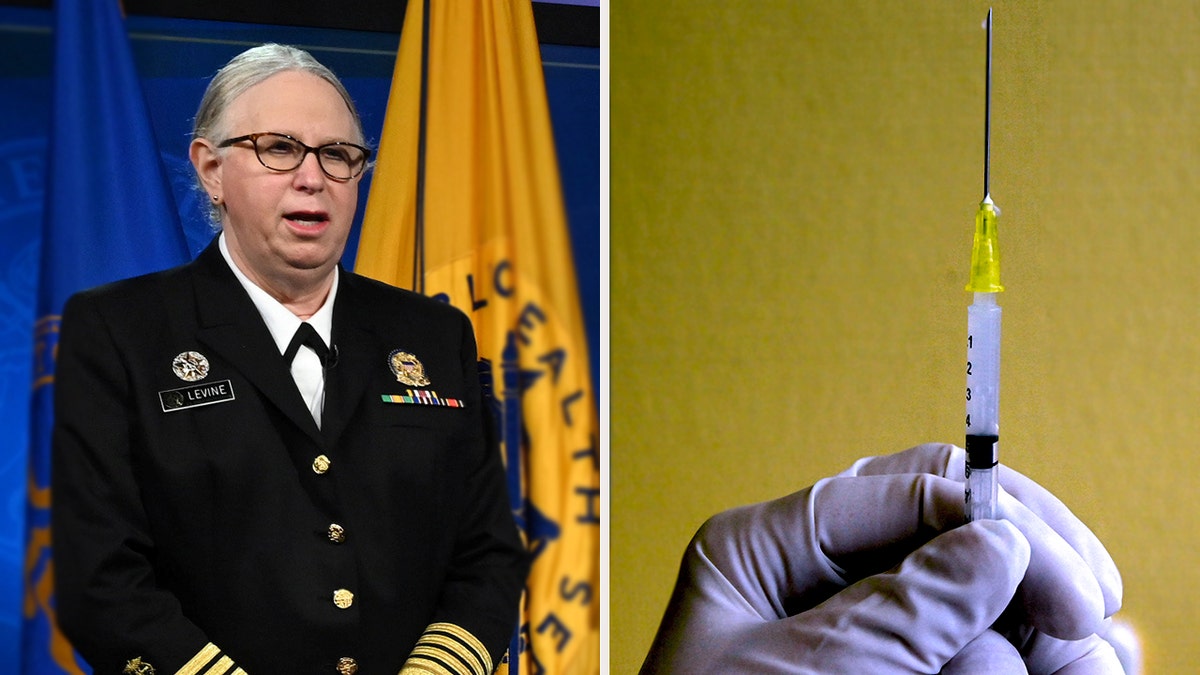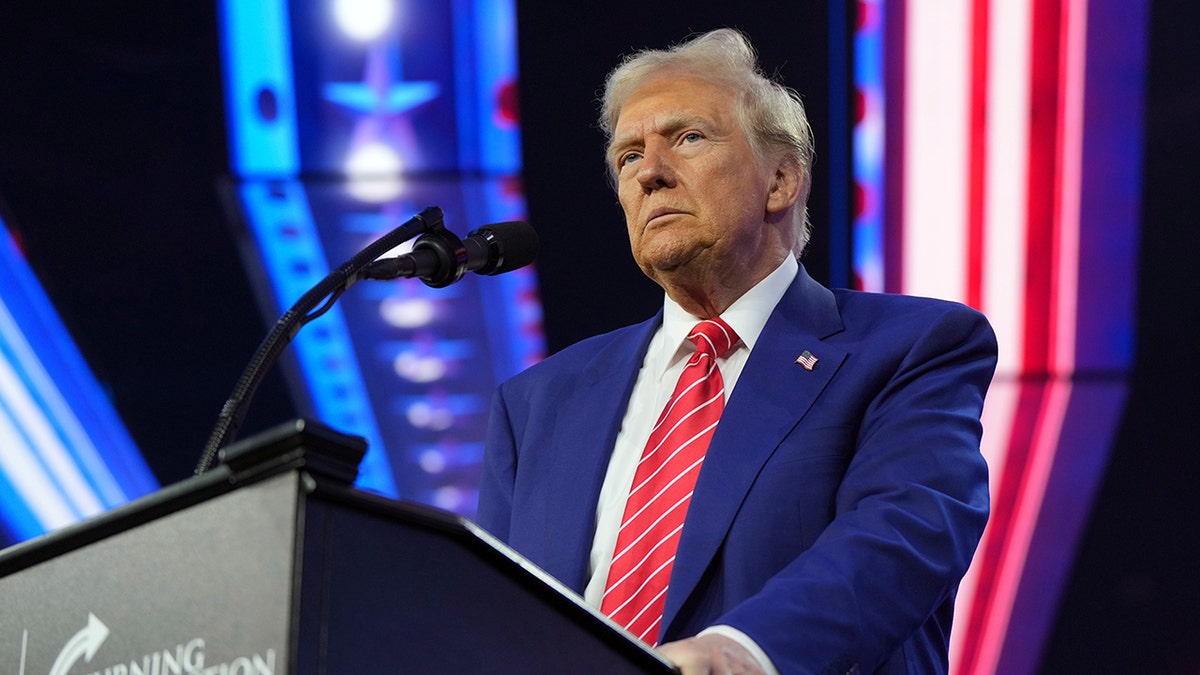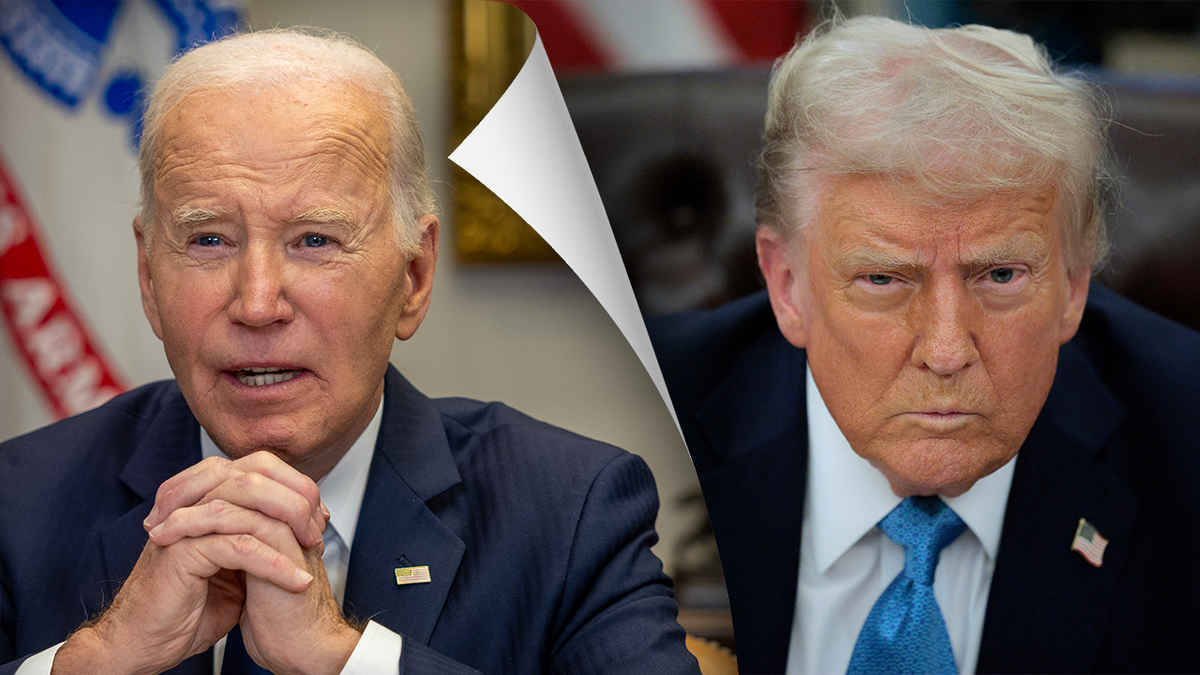The 2024 election cycle saw a potent campaign slogan resonate with voters: "Kamala is for they/them, Donald Trump is for you." This message, frequently aired during major sporting event broadcasts, became central to the Republican platform, highlighting Vice President Harris's past support for transgender athletes' inclusion in women's sports.
President-elect Trump's transition team has affirmed its commitment to reversing the Biden administration's policies on this issue. Press Secretary Karoline Leavitt emphasized Trump's dedication to "protecting women and girls by keeping men out of women’s sports."
Exit polls indicate the issue's significance, particularly among moderate voters. A Concerned Women for America survey revealed that 70% of these voters considered Trump's stance on transgender athletes important, with a substantial portion deeming it "very important."
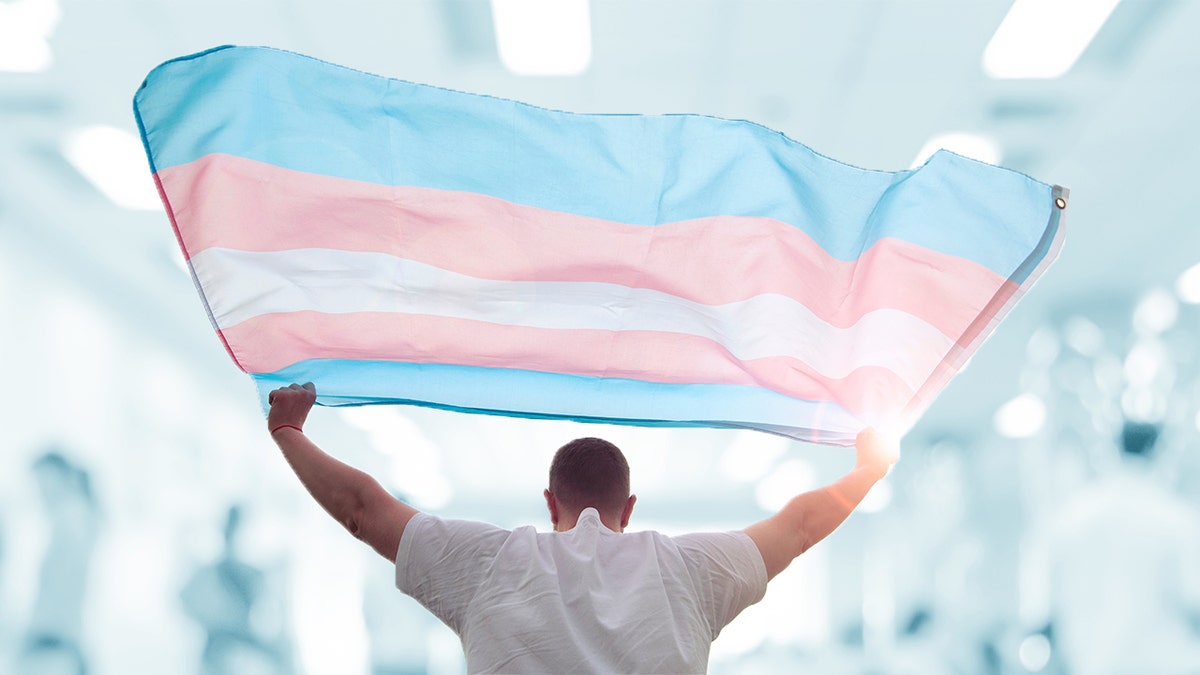
The debate surrounding transgender inclusion in sports ignited a cultural movement, driven by women's rights organizations and female athletes concerned about fairness and safety. Groups like the Independent Council on Women’s Sports (ICONS) have taken a prominent role in advocating for the protection of female athletes.
This issue seemingly contributed to a shift in the electorate, with Trump narrowing the gap among young female voters compared to previous elections. The debate even caused divisions within the Democratic Party, with figures like Reps. Seth Moulton and Colin Allred expressing concerns about their party's stance.
The case of San Jose State volleyball player Blaire Fleming became a focal point in the national conversation. An incident involving Fleming, amplified by Trump's campaign, further fueled the debate. San Jose State co-captain Brooke Slusser's legal challenges and public statements brought additional attention to the issue.

The controversy extended to the University of Nevada, Reno, whose women's volleyball team initially sought to forfeit a match against San Jose State due to Fleming's participation. The team's public stance further intensified the debate, with players ultimately endorsing Trump.
The rise of athletic apparel brands like XX-XY Athletics, founded by Jennifer Sey, reflects the growing commercialization of the anti-trans, pro-women messaging. The brand's success, despite facing criticism and platform bans, underscores the market for such products.
The LPGA's decision to ban post-puberty biological males from professional women's golf competitions demonstrates a significant shift in policy. This move has been largely embraced within the golfing community, signaling a potential trend in other sports.
While the NCAA has downplayed the prevalence of transgender athletes in college sports, numerous incidents at the high school level have kept the issue in the public eye. Cases in California, in particular, have highlighted the ongoing tensions and legal battles surrounding transgender inclusion.
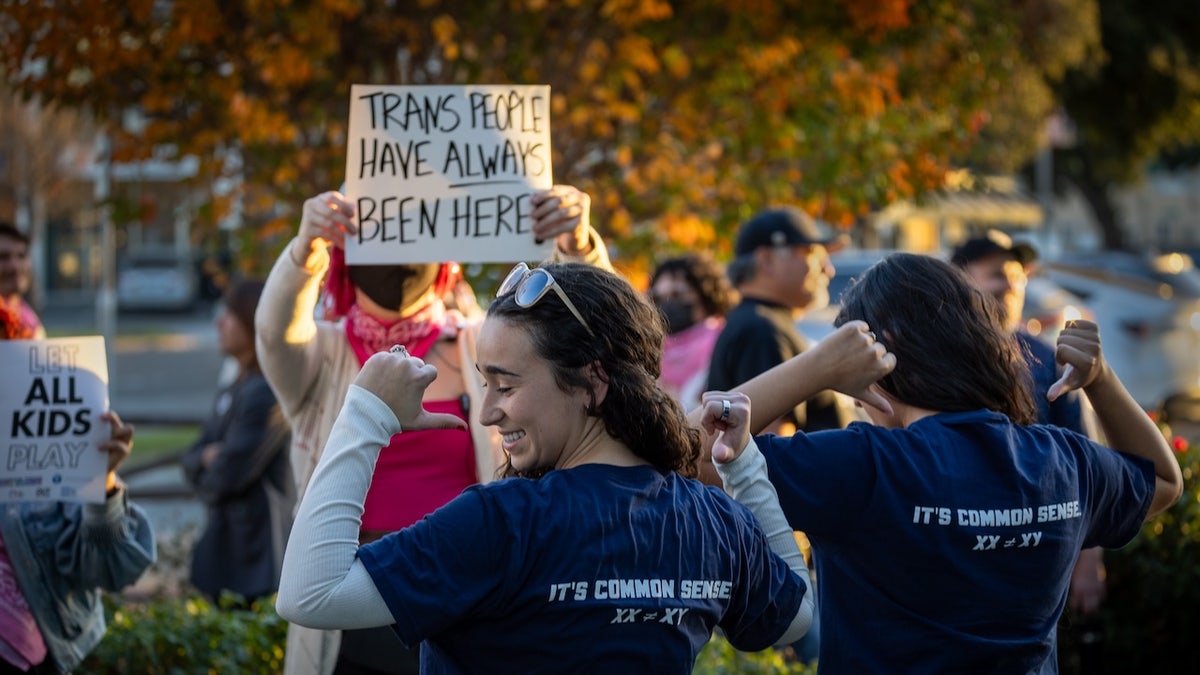
A United Nations study revealed the impact of transgender athletes on female competitors, finding that hundreds of biological females have missed out on medals. With the 2028 Olympics approaching, the debate over transgender inclusion in international sports is likely to intensify.
As Trump prepares to take office, his administration's actions on this issue will be closely watched. The campaign promise to "keep men out of women’s sports" suggests significant policy changes are on the horizon.

